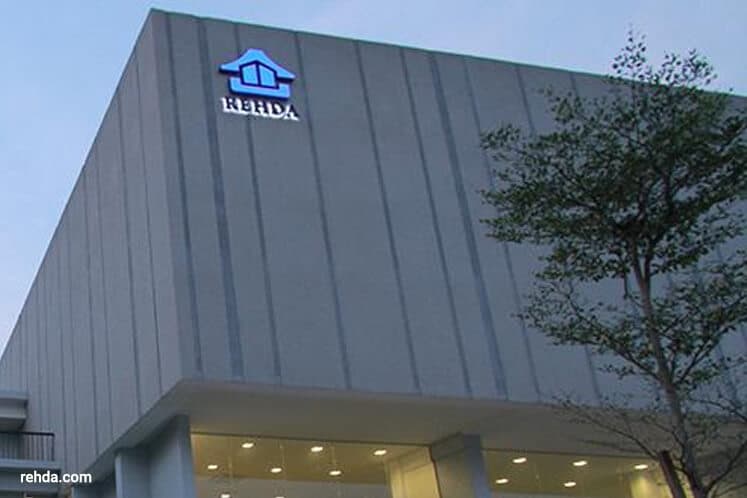
This article first appeared in The Edge Financial Daily on September 15, 2017
KUALA LUMPUR: The Real Estate and Housing Developers’ Association Malaysia (Rehda) said the Industrialised Building System (IBS) has to reach economies of scale for it to be economically viable, and volume is key.
“We need to have the volume to make IBS more economically viable,” said Rehda’s past president Datuk Ng Seing Liong. Without economies of scale, IBS adoption continues to be low, he said.
According to the results of a survey by the Construction Industry Development Board (CIDB) released earlier this month, private sector adoption is still low at around 15%, while government projects are seeing higher adoption at 70%.
“There’s no resistance as far as big projects are concerned. It’s only the smaller ones where you can’t get your economies of scale and cannot introduce the IBS. Also location [is another issue],” Ng said when speaking at a press conference yesterday.
Citing a chart issued by CIDB, Rehda secretary-general Tiah Oon Ling said while there are sufficient IBS suppliers in the Klang Valley, other states are still lacking. CIDB previously said there are over 230 suppliers of IBS components in Malaysia.
“You cannot have a fabrication plant in Johor to send panels up to Penang as it’s (IBS) quite localised. Hence, every state has to be ready for it,” said Tiah.
“For IBS to really work and take off, you need to climb over that hill. I think we’re still climbing. Once we get enough suppliers and manufacturers coming on [board] the wagon to provide [IBS], then the cost of IBS will go down and construction cost generally should go down, hopefully,” said Tiah.
In addition, Ng said another factor that makes construction more expensive is compliance cost, and that state government and local authorities are charging very high conversion fees, development charges and capital contribution.
When asked about Rehda’s wish list for the upcoming Budget 2018, Ng said: “We hope for the government to relook at the GST (goods and services tax) on construction materials, especially on items like steel bars, cement and bricks, where the 6% [imposed] is actually very heavy for the public to bear.”
Ng said whether it is to build an expensive house or a low cost one, developers still need the same material. Hence, he urged the government to relook at how to lower the GST on building materials.
Meanwhile, for the second Klang Valley Malaysia Property Exposition (Mapex) 2017 — which will be held from Oct 13 to Oct 15, Ng said Rehda is targeting up to RM300 million sales, with up to 50,000 visitors.
Among the 33 developers who will be participating in the expo are Ekovest Bhd, Gamuda Land, IJM Land Bhd, Matrix Concepts Holdings Bhd, UDA Holdings Bhd and UEM Sunrise Bhd.
So far, some 60% of the exhibition hall has been taken up, Ng said.
This round, Malayan Banking Bhd and Hong Leong Bank will also be participating to assist potential buyers in home loans.
“I urge more financial institutions to take part in Mapex to assist the public in their purchases. Financing is most essential in house purchase and there is no other better platform than Mapex for financial institutions to promote their products and packages to the target audience,” Ng added.